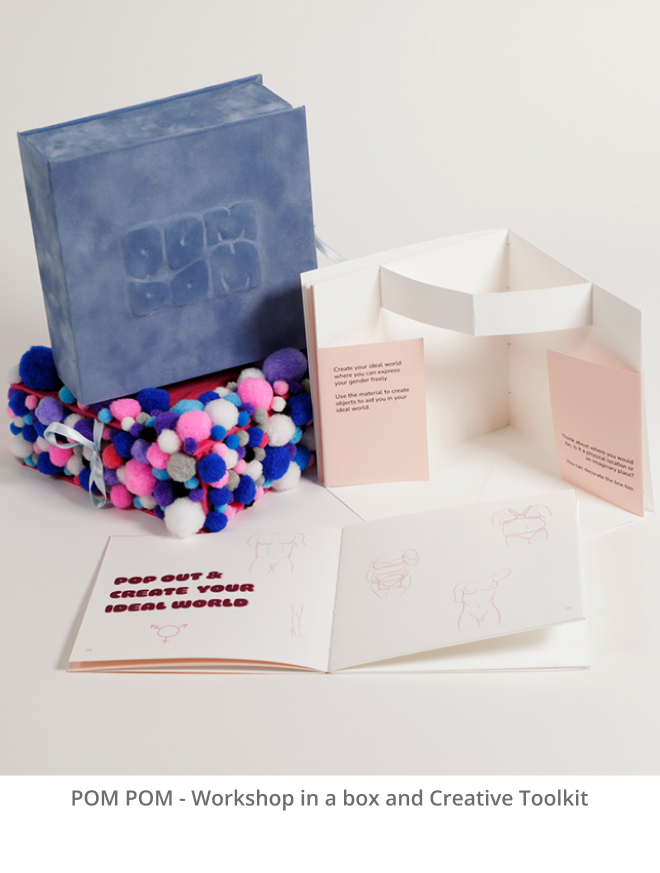Duration:
July - December 2024
An attempt to build an AI grounded in empathy, designed to hold space.

Role:
UX Researcher and Designer, Workshop Organizer and Host, Photographer, Branding, Graphic Design, Illustrator
Team:
Rayanne Ellis, Teddi Wang
Project Overview:
Trans-Forming AI is a community-based research and design project aimed at exploring how to make AI more inclusive and equitable, particularly for the Trans+ community. Through our research, we found that AI biases often stem from cis-normative and binary societal systems.
To address this, we organised a series of workshops, interviews, surveys, and conducted a literature review of over 20 sources to examine AI through the lens of Trans+ lived experience. Influenced by Design Justice principles and the work of Sasha Costanza-Chock, we sought to centre those most affected by design outcomes. While AI functions as an efficient and automated tool, we have not yet succeeded in creating a system that fosters meaningful emotional connection with the Trans+ community. However, we envision a brand and service that utilises AI to strengthen community bonds and provide affirming experiences.
AI is rapidly evolving—while impressive, it brings with it increasing concerns about bias, representation, and harm. We set out to explore whether AI could learn empathy through conversation and questions, in the way humans do. However, after early testing and consultation with subject matter experts—including CEOs of Trans+ organisations, software engineers, UX project managers, researchers, and artists—we quickly discovered that current AI models do not learn from users in this way.
We realised that meaningful change would require intervention at the back-end of these systems. Still, we gained valuable technical insights, such as the use of prompt engineering and experimenting with open-source models like LLaMA, where we could set parameters and assign roles.
A major insight surfaced in these conversations:
“You can't just Google trans experience on the internet. The experience is all in our brain right now.” — Interviewee
This reinforced that most authentic narratives are not available in existing datasets, highlighting the urgency to create our own.


To build our own dataset, we conducted in-person participatry workshops at three queer and Trans+ community spaces: University of the Arts London, Common Press, and the London LGBTQ+ Community Centre. Alongside 10 interviews and 16 survey responses, these workshops offered a deeply human-centred way to gather insights.
We used three primary methods:
Themes that emerged included:
“AI just gave me a series of advice that I can't use, and everything is weirdly positive. I don't feel the connection to any of the answers.”
— Workshop participant

From our qualitative data, we envisioned creating a localised Large Language Model (LLM) as a storytelling companion and facilitator within the Trans+ community. Its purpose would not be to offer solutions, but to share real stories, helping users feel seen, supported, and gently connected to appropriate human-centred support systems.
We worked with Dolica Akello-Egwel, Creative Data Specialist Technician at Creative Technology Lab, and began experimenting with the open-source LLaMA model. Despite inputting our dataset and setting parameters, the model continued to hallucinate—fabricating stories and behaving as though it were emotionally intelligent, despite our efforts to make it transparent and grounded. These failures highlighted the current technical limitations of AI when applied to deeply personal, emotional, and marginalised experiences.


While our attempt to build an empathetic AI fell short due to technical limitations and persistent issues like hallucination and emotional disconnect, the project led us to something more valuable—human connection. Through our workshops, we created POMPOM, a workshop-in-a-box designed to foster self-reflection, storytelling, and community support within the Trans+ community.
While we see potential in AI as a neutral first point of contact—not to replace people, but to guide users toward human support. This project highlighted key limitations:
In the end, this project became less about building a tool and more about designing with care, centering lived experience, and asking better questions about technology’s role in community support.
